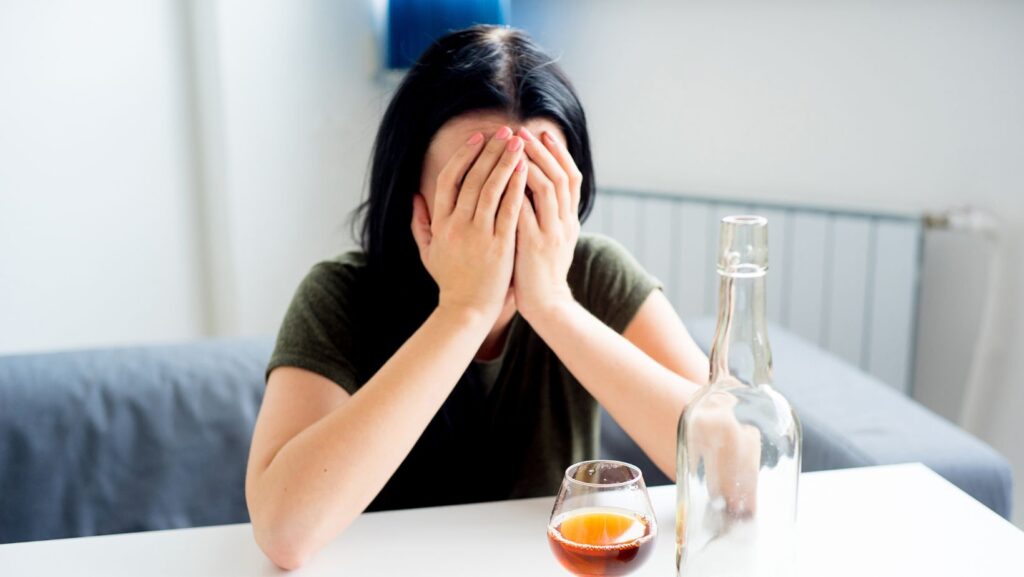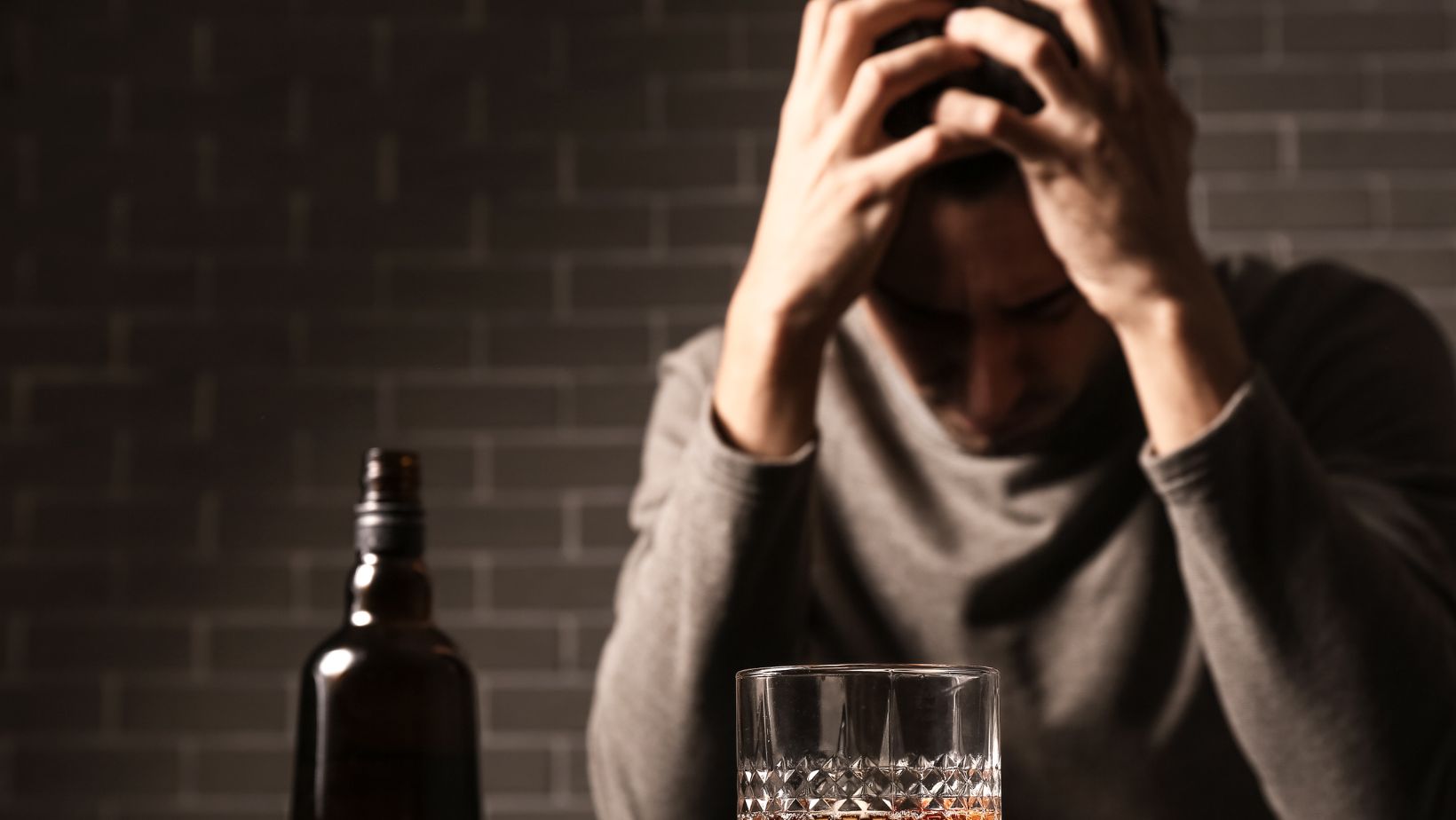
Did you know that half of the people who quit drinking experience alcohol withdrawal syndrome? Oftentimes, the symptoms can get so extreme, eventually compelling an individual to relapse. So, how can one ease this phase or at least make it comfortable to promote long-term sobriety?
The key lies in approaching the withdrawal phase with the right guidance, emotional support, and, of course, patience. In this guide, we’ll share with you how to combine all these elements and set yourself up for lasting recovery. Whether it’s you or your loved one who wants to let go of their dependency, we’ll ensure the journey is as stable as possible.
Understanding Alcohol Withdrawal
Whenever you’re drinking, your body, especially your brain, gets accustomed to the way it makes you feel. In short, your system gets well aware of the “high” as soon as you have a sip of alcohol. Likewise, in case of overdose, your brain signals your body that it may experience a hangover or feel nauseous.
Now, the more you drink, the more your brain adapts to the effects of the substance. So, the moment you aren’t having alcohol or just decide to quit, your system doesn’t know how to function. It starts acting up and disturbs you to the point that you get the urge to drink again.
This phase, in which your body is missing alcohol, is known as the withdrawal phase. It can be manageable for some, but for many, it may be extremely challenging. Depending on the frequency and amount of alcohol consumed, this phase can last for weeks or even months in severe cases.
Some common alcohol withdrawal symptoms may include:
- Being anxious or irritable.
- Increased heart rate or breathing heavily.
- Experiencing tremors (shaking hands).
- Sweating unusually.
- Losing appetite or feeling nauseous or vomiting all the time.
- Unable to maintain focus.
- Insomnia.
- Hallucinations or seizures in severe cases.
Never Conduct Alcohol Withdrawal at Home!
No matter how mild your alcohol use is, avoid quitting it all alone. The withdrawal phase can often become extreme at times, causing you to face dangerous consequences such as:
- Life-Threatening Complications: Withdrawal symptoms are not always headaches or muscle cramps. Sometimes it can be as extreme as triggering Delirium Tremens (DTs), causing you to experience fever and unconsciousness. In such instances, expert guidance becomes more than crucial.
- Unpredictable Withdrawal Symptoms: You cannot always expect the intensity of withdrawal symptoms to be the same. Medical guidance in this case can act promptly and provide appropriate treatment depending on your condition.
- Severe Dehydration: Alcohol withdrawal can also trigger unusual sweating, vomiting, or even diarrhoea. If the condition isn’t treated, it can cause severe dehydration, eventually leading to kidney problems or cystitis.
- Psychological Symptoms: Anxiety, depression, or mood disorders can all occur during the alcohol withdrawal phase. Without professional mental health support, these symptoms can spiral quickly, leading to suicidal thoughts or self-harming behaviours.
- Frequent Relapses: Intense alcohol cravings combined with withdrawal discomfort can make relapse an inevitable part of the recovery plan. Medical professionals can prescribe medications to ease the symptoms and decrease the chances of relapse.
Dealing With Alcohol Withdrawal the Right Way
The best and safest way to deal with alcohol withdrawal is to seek professional guidance. Look for credible rehab centres or clinics that have appointed addiction specialists. These experts can ease your withdrawal phase by:
1. Conducting a Proper Assessment
To begin the process, experts first evaluate the level of your addiction. They inquire about your past drinking habits and underlying medical health conditions. This information allows them to understand everything about you, so if any complications arise, they can act promptly.
2. Preparing a Tailored Detox Plan
Mental health professionals don’t believe in a one-size-fits-all theory. According to them, every individual coming to get rid of addiction must be treated as a different entity. To validate this, they analyse your information carefully to provide tailored detox plans suitable for your unique needs.
3. Prescribing Withdrawal Medications
Eliminating alcohol from your body can be an extremely challenging phase. To help with an alcohol detox that is comfortable yet safe, doctors may prescribe medicines such as benzodiazepines or lorazepam. These drugs reduce the chances of relapse by minimising the withdrawal symptoms and reducing cravings.
4. Creating Prevention Strategies
Your doctor’s role extends beyond detoxing alcohol from your body. Their ultimate goal is to guide you toward long-term sobriety. To achieve this, they may aid you in identifying triggers, recognising cues, and developing effective prevention plans tailored to your needs.
5. Formulating Appropriate Diet Plans
Alcohol withdrawal also takes a serious toll on your body, depleting essential nutrients and making the immune system weak. To revive your body, specialists may formulate nutrient-rich diet plans for you.
6. Offering Emotional Support
The withdrawal period can also have you go through emotional turmoil. There will be days when you may be feeling overwhelmed or anxious all of a sudden.
Professionals can assist you in navigating these emotions through counselling, group therapy, or one-on-one therapeutic sessions.
Your Role in Dealing With Alcohol Withdrawal
When quitting alcohol, your actions are just as important as professional guidance. Keep in mind that recovering from addiction requires teamwork, and your consistency here can be a game-changer. You can contribute to your own success by:
- Adhere Strictly to Medical Guidance. Do not self-medicate or go against what your doctor has advised.
- Discover Stress Management Techniques. Minimise distress through deep breathing, exercising or journaling to distract negative thought patterns.
- Remain Patient and Consistent. The alcohol withdrawal phase can be extremely tough. However, you must understand that this is not something you can overcome overnight. Stick to the structured plan, and each day will bring you closer to an alcohol-free life.
Ending Thoughts
As you decide to quit alcohol and enter the withdrawal phase, remember this road may not be as smooth as you have thought. There will be lots of ups and downs, but you don’t have to lose your patience. With the right guidance, structured routine and consistent commitment, you will be able to continue a healthy and sober life.













